Wearable device could detect disease "when the nearest doctor is days away"
San Francisco studio Fuseproject has created a concept for a wearable device to allow people in the developing world to test themselves for symptoms of chronic illnesses such as malaria without having to visit a doctor (+ slideshow).
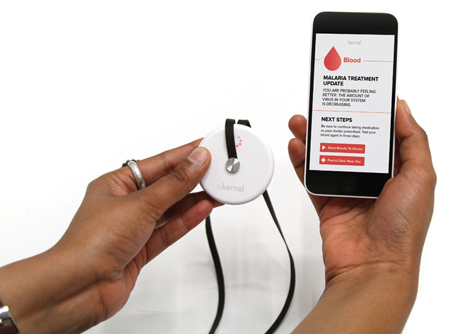
Kernel of Life would allow users to test their own blood, saliva, urine or breath and transmit the results to doctors via a mobile phone.

Patients would communicate with doctors remotely via an app on the smartphone. "Kernel is our answer to the complications of treating chronic illnesses in the developing world, malaria in particular," said Yves Behar of Fuseproject.
"When the nearest doctor is days away, both treatment and diagnosis can be accomplished through the cloud-based and embedded medical test that Kernel offers."
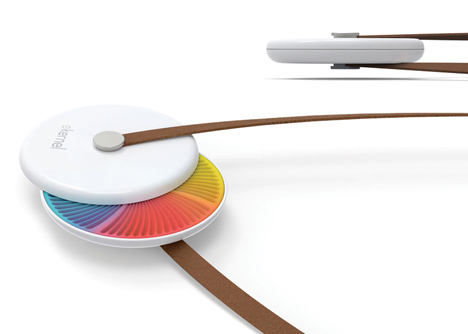
Fuseproject developed the concept in response to a brief from Microsoft owner Bill Gates' charity the Gates Foundation and Wired magazine, who invited four leading design firms to create prototypes for products that could help improve the lives of people in the developing world.
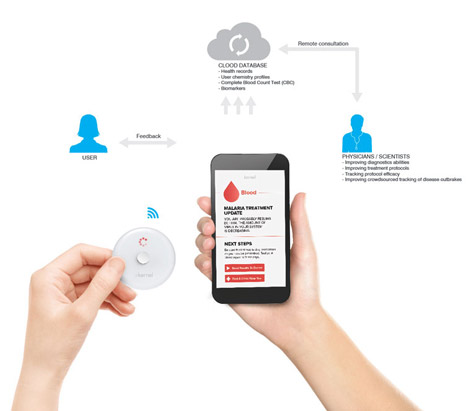
To use the device, users rotate the circular cover to reveal a micro-perforated pad, divided into four colour-coded quadrants to match the different types of biosamples that could be gathered.
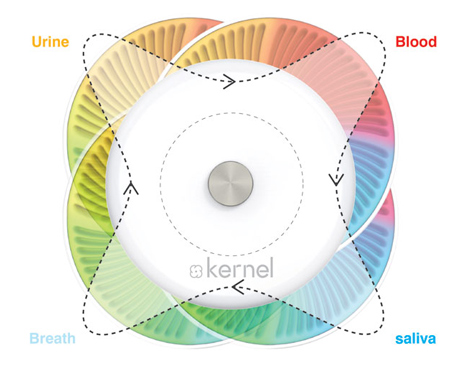
"The four quadrant bio-sensing absorbent pad can test the blood, saliva, urine and breath," said Behar. "Test results are transmitted via bluetooth to a mobile app allowing patients to be continuously monitored remotely via the cloud, with reminders such as medicine intake or doctor’s visits."
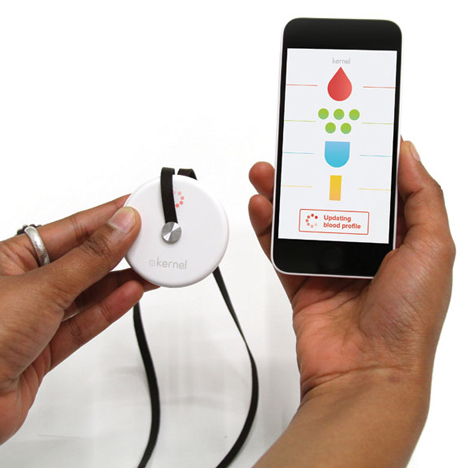
A built-in sterilising pad would clean the sampling surface when the cover is closed. The device, which can be worn around the neck, also monitors the user's temperature.
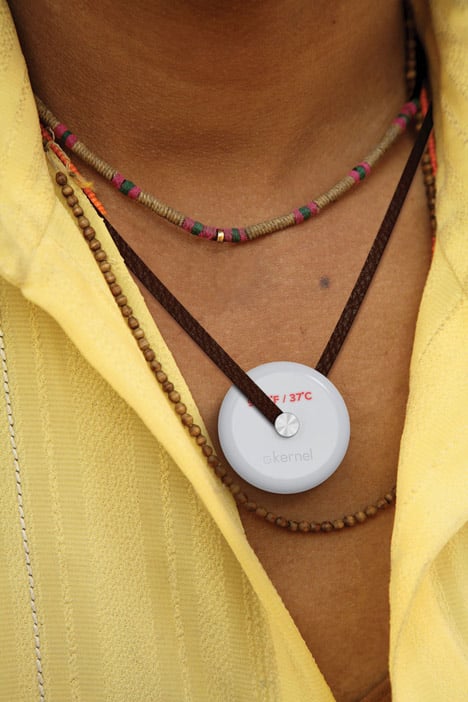
The sensor technology required to make the Kernel of Life is currently too expensive and not robust enough for its intended application, but Fuseproject predicts it could be perfected in five to ten years.
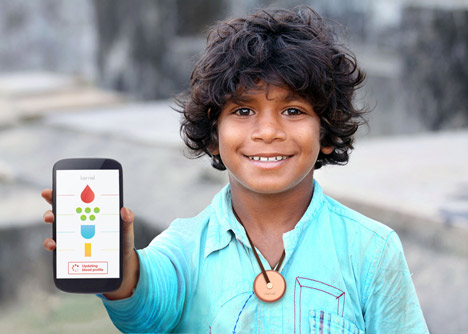
Other wellbeing products designed by Behar include a range of stylish pill containers and a wristband that tracks your movement and gives advice on how to live more healthily.
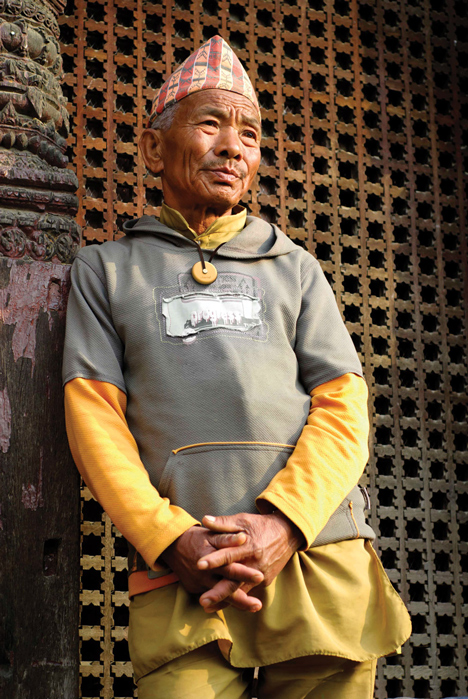
He also worked with the One Laptop Per Child Association to create affordable laptops and tablets for use in the developing world.